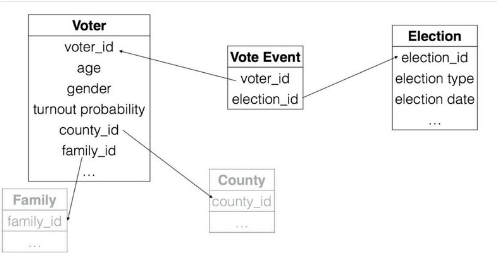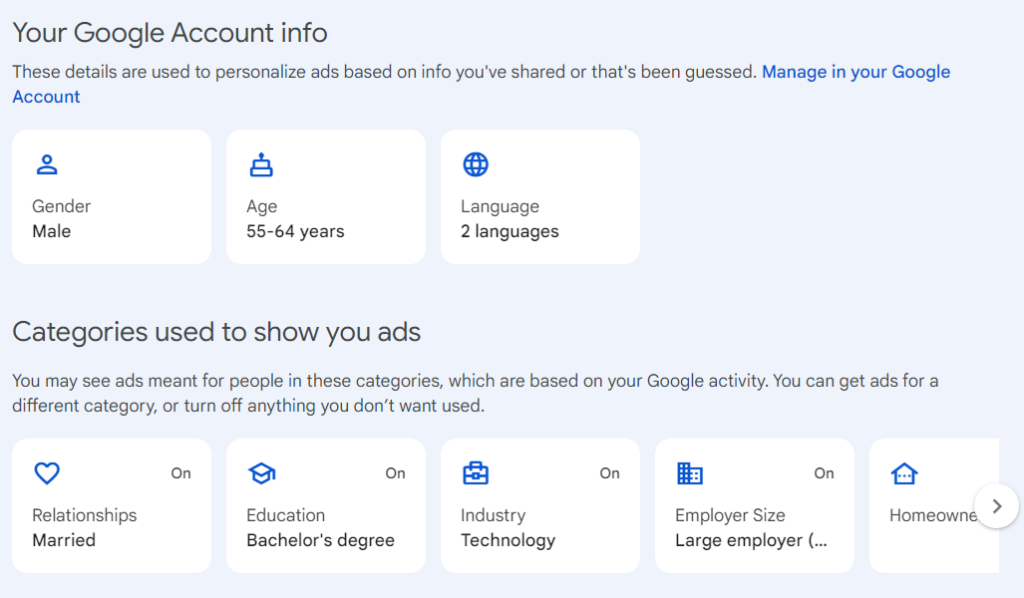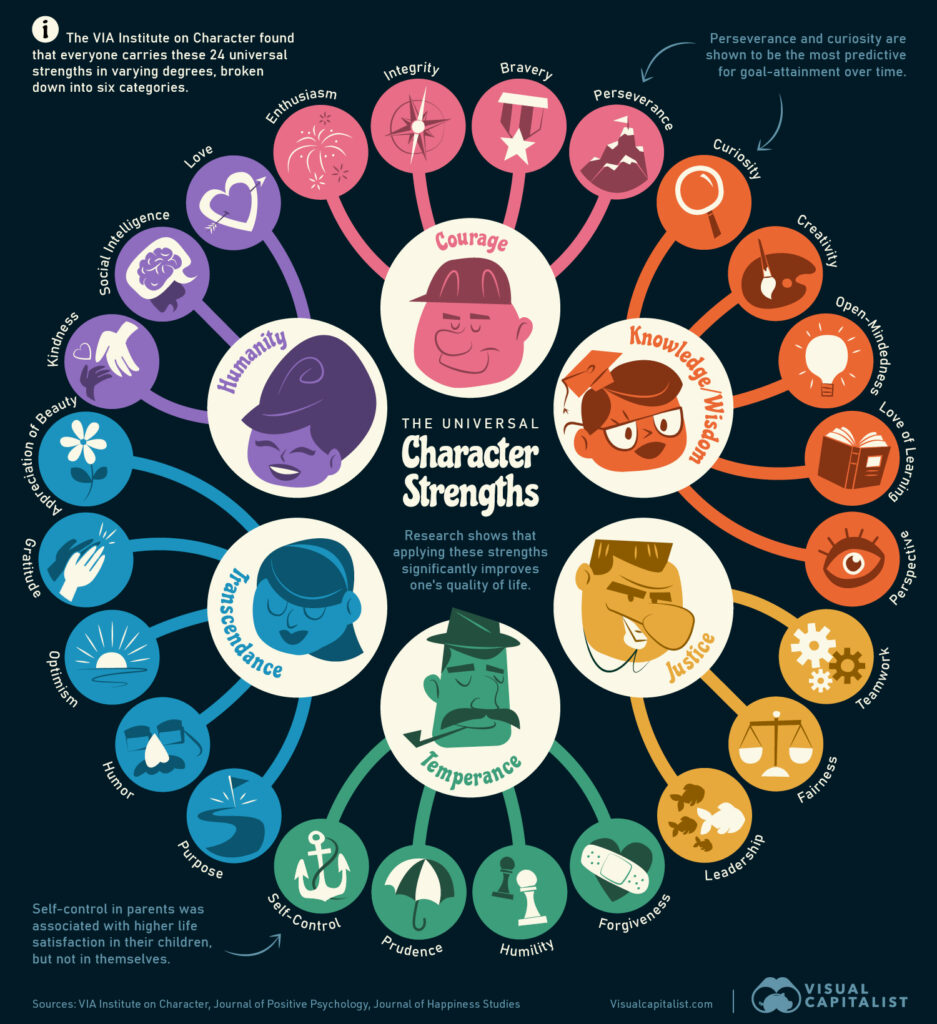Cyber activity focused on elections is a growing trend in 2024. Cyber attackers, sometimes supported by state actors, have begun targeting political targets to influence public opinion or manipulate election results. A common trick is to spread false or misleading information to influence voters' opinions. A notable example was during the 2016 US presidential election, where social media was flooded with fake news and propaganda. Another example is cyber attacks against political parties and their candidates. During the 2017 French presidential election, Emmanuel Macron's campaign suffered a significant hacking attack in which emails and internal documents were leaked.
Cambridge Analytica
Cambridge Analytica was in Sweden and gave a lecture on how they manipulated the American election a few months after Trump won in 2016. In this article, I have used AI and my own expertise in digital marketing to explain how the methods can be used by a fictitious anti-immigrant party.
To use Facebook likes to predict a person's political beliefs, one employs data science techniques and machine learning. The process involves several steps:
- Data collection: Collect a large amount of data, including Facebook likes, from a significant user group. This data serves as the "training set" for the algorithm.
- Create a function statement: Identify which specific data elements (in this case, Facebook likes) should be used to make predictions. These elements are called “features” in the context of machine learning.
- Using target variables: Decide which “target variables” you want to predict. In this case, the target variables are the political beliefs. This requires you to have access to both Facebook likes and information about people's political beliefs.
- Machine learning and model training: Use machine learning techniques to train an algorithm. The algorithm learns the patterns and correlations between Facebook likes and the political beliefs of the people in the training set.
- Pattern recognition and predictions: Once well trained, the algorithm can be used to analyze new sets of Facebook likes and make informed predictions about the political beliefs of those users.
- Validation and refinement: The accuracy of the algorithm is tested and validated by comparing its predictions with actual data. Based on this feedback, the algorithm is refined and adjusted to improve its predictive ability.
It is important to note that this methodology is based on the assumption that there is a statistically significant correlation between what people like on Facebook and their political beliefs. The true effectiveness and ethics of such data use has been the subject of considerable debate and criticism, particularly following the Cambridge Analytica scandal.

The OCEAN model and five different personality types
The OCEAN model, also known as Big Five personality traits, is a theory in psychology that describes five main dimensions of human personality and examples of how they can be used in immigration matters.
These dimensions are:
- Openness to Experience: This trait describes people who are curious, inventive and open to new experiences and ideas. High scores in openness to experience may imply an appreciation of art, adventure, and unusual ideas. People with low openness may be less likely to accept new ideas or changes, including ideas around immigration. To reach these individuals, use familiar and concrete examples to make your message more receptive. Avoid abstract or radical ideas.
- Conscientiousness: This personality trait refers to people who tend to be organized, reliable and efficient. Those who score high in conscientiousness are often detail-oriented and good at planning. In the context of immigration, the importance of justice and law and order is emphasized. Discuss how a well-organized and regulated immigration system can benefit society.
- Extra version (Extra version): Extraversion characterizes people who are outgoing, energetic and social. They often seek attention and are active in social contexts. Engaging them through group activities or community events where they can meet and interact with immigrants can help reduce prejudice.
- Agreeableness: This trait describes people who are compassionate, cooperative, and friendly. Those who score high in agreeableness are often considerate and have a willingness to cooperate with others. Highlight humanitarian aspects and individual stories from immigrants to create an emotional connection.
- Neuroticism (Neuroticism): Neuroticism refers to the tendency to experience negative emotions such as anxiety, anger and depression. People who score high on neuroticism may be more likely to experience mood swings and stress. Individuals with high neuroticism may be more likely to feel fear or worry about changes that immigration may bring. In some cases, Cambridge Analytica used these techniques to spread misleading information and conspiracy theories. This was done with the aim of influencing political opinions and behaviour, especially among individuals inclined to believe such theories.
The OCEAN model is often used in psychological research and practice to understand and describe human behavior and personality. It is an important part of personality psychology and is used in a variety of contexts, from workplace evaluations to psychotherapeutic assessment.
To map the answers to these questions to the OCEAN model (Openness, Conscientiousness, Extraversion, Agreeableness, Neuroticism) and then create effective Facebook posts that influence users based on their personality traits, one can follow these steps:
Step 1: Collect data
The 120 questions mentioned earlier collect data covering a wide range of opinions, behaviors and values. Answers to these questions provide an in-depth understanding of the respondents' personality and attitudes.
Target groups such as the unemployed can be mapped by understanding what unemployed people are looking for - this could be information on jobseeker sites such as Arbetsförmedlingen or A-kassan, educational opportunities, career advice, or support for personal development. By adapting your digital marketing efforts to the specific needs and behaviors of the unemployed, you can more effectively engage the target audience. Use the digital platforms where your target group is most active. It can include social media such as Facebook and LinkedIn, job seeker websites, and forums where the unemployed converge such as Samnytt.

Step 2: Map to the OCEAN model
Each question or group of related questions can be linked to a specific dimension in the OCEAN model:
- Openness: Questions related to appreciation of art, interest in different cultures, curiosity for new experiences, and interest in global issues.
- Conscientiousness: Questions about work ethic, organization, punctuality, and responsibility.
- Extraversion (Extroversion): Issues concerning social interaction, participation in social events, and comfort with being the center of attention.
- Agreeableness: Issues around empathy, cooperation, and preference for harmonious relationships.
- Neuroticism (Neuroticism): Questions concerning stress levels, emotional stability, and tendency to worry.
Step 3: Create personality profiles
Based on the answers, personality profiles are created for each individual. These profiles indicate which traits are most prominent in each person. Based on data and research, create different "personas" that represent typical users within each OCEAN category. These personas can help you understand and visualize the behaviors, preferences and communication style of your target audiences.
Step 4: Create targeted content
Once the profiles are complete, content can be created that is tailored to resonate with each OCEAN dimension:
- Openness: Content that promotes new ideas, creative expression, and global awareness.
- Conscientiousness: Organized, structured content that emphasizes responsibility and reliability.
- Extra version: Engaging, socially oriented content that encourages participation and sharing.
- Agreeableness: Content that is friendly, collaborative and fosters community.
- Neuroticism: Stabilizing content that offers safety and security, avoiding disturbing or anxiety-inducing topics.
Step 5: Adapt the content to Facebook, Youtube and Google Ads
Use Facebook's advertising tools to target content to specific groups based on interests, behaviors and demographic data that correlates with your personas. With these profiles, Facebook posts can be created to influence specific groups of users. For example:
- For a person with high openness, posts may focus on new ideas, cultural diversity, and creative expression.
- A person with high conscientiousness may respond better to posts that emphasize order, tradition, and responsibility.
- An extrovert may engage more with posts that invite social interaction, participation in events or discussions.
On Google Ads and Google search can political parties identify keywords and phrases frequently used by the target audience. If you want to reach an immigration critical group, it could be phrases that relate to national identity, immigration policy, or local/national security issues. You can also target a target group that visits certain websites, for example Samnytt or Nyheter24. Create ads that reflect their concerns and interests. Make sure your landing pages are relevant to the ads.
Google Ads has interfaces for how you choose target groups and how companies advertise. For users, you can see what your personal settings look like in Google Ads Center.

On YouTube, you also need to create or sponsor videos that deal with the topic you want to influence. Use YouTube's targeted advertising capabilities to show your ads on videos that are relevant to your target audience. It may include channels or content that focus on politics, news, and social issues.
Step 6: Monitor and adjust
Finally, it is important to continuously monitor the effectiveness of the content and make adjustments based on user response and engagement.
Conduct A/B testing to see what content works best for each personality type. Use these insights to fine-tune your strategy.
By using a data-driven approach to understand and appeal to users' personality traits, content can be created that is more engaging and impactful. However, it is important to note ethical considerations regarding personal data and to respect users' privacy and rights.
The 24 characters
Another model of personalities is 24 characters from the VIA institute.

| Courage | Enthusiasm Integrity Courage |
| Knowledge/wisdom | Curiosity Creativity Openness Self-learning Perspective |
| Justice | Teamwork Justice Leadership |
| Moderation | Forgiving Humility Prudence Self control |
| Exceeding | Purpose Humor Optimism Gratitude |
| Humanism | Friendliness Social Intelligence |
Example questions
Before you can use Facebook likes to predict a person's psychological profile, you need to get a few hundred thousand people to take a 120-question personality test. These are examples of questions that could be used to gain a deeper understanding of individual opinions, values and behaviors in Sweden, which is useful for psychological profiling in various contexts.
Personal values and opinions
- Do you consider environmental protection more important than economic growth?
- Do you support a more restrictive immigration policy?
- Are you for or against Sweden's membership in the EU?
- Do you think that Sweden should increase its military capability?
- Do you think that gender equality has been achieved in Sweden?
- Should Sweden increase its use of renewable energy?
- Are you for or against the legalization of cannabis?
- Are you in favor of a strong welfare state?
- Do you believe in a traditional family model?
- Do you think public services should be privatized?
Technology and digitalisation
- Do you feel comfortable using digital payment systems like Swish?
- Do you think social media has a positive or negative impact on society?
- Do you believe in the importance of digital privacy and data protection?
- Do you think Sweden should invest more in technological innovation?
- Are you worried about automation and job losses?
Social issues and health
- Do you think Sweden should have a more restrictive alcohol policy?
- Are you for or against subsidized healthcare?
- Do you think there is a need to reform the education system?
- Do you think there is a problem with social inequality in Sweden?
- Do you think mental health should be given more attention and resources?
Culture and lifestyle
- Do you think that traditional Swedish cultural expressions should be preserved?
- Do you prefer to spend your free time outdoors or indoors?
- Do you have a high level of trust in traditional media?
- Do you prefer to travel within Sweden or abroad on holiday?
- Do you think that art and culture are important to society?
Work and economy
- Do you think that working life should be more flexible?
- Do you support a progressive tax scale?
- Do you think Sweden should have a higher minimum wage?
- Do you think it is important to have a balance between work and leisure?
- Do you support stronger labor laws?
International issues
- Do you think that Sweden should take a more active role in the UN?
- Do you support the idea of Nordic integration?
- Should Sweden increase its aid to developing countries?
- Do you think that Sweden should be more active in dealing with global climate change?
- Do you think that globalization is positive for Sweden?
Personality and behavior
- Do you consider yourself an open person to new experiences?
- Are you usually punctual?
- Do you think you are a good listener?
- Do you often feel stressed?
- Are you used to taking the lead in group activities?
Leisure activities and interests
- Do you like hiking or exploring nature?
- Are you interested in learning new languages?
- Do you follow sporting events regularly?
- Do you have an interest in cooking or baking?
- Are you involved in volunteer work?
Leisure activities and interests (continued)
- Are you interested in art and museum visits?
- Do you prefer reading books or watching movies?
- Do you enjoy participating in cultural events such as festivals?
- Do you spend time gardening or other outdoor activities?
- Do you have an interest in computer games or video games?
Family and relationships
- How important is family life to you?
- Do you think it is important to maintain strong ties with relatives?
- Do you think regular time with friends is important?
- How important are romantic relationships in your life?
- Do you believe that children should be raised with strict rules?
Personal development and education
- Do you think lifelong learning is important?
- Do you think higher education should be accessible to everyone?
- Do you think creativity is more important than order?
- Are you striving for personal improvement?
- How important is it to you to follow news and current events?
Health and well-being
- Is regular exercise part of your routine?
- Do you think a balanced diet is important?
- Do you prioritize mental health as much as physical health?
- How often do you feel rested and energized?
- Do you think spending time outdoors is important for your well-being?
Economic behavior and consumption
- Is frugality an important principle for you?
- Do you prefer to buy local products?
- Is sustainability important to you when choosing products?
- Do you enjoy staying up to date with the latest tech gadgets?
- Do you think it's important to donate to charity?
Social issues and politics
- Do you think it is important to participate in political elections?
- Do you have confidence in the Swedish rule of law?
- Do you think Sweden handles immigration issues well?
- Are you for or against quotas to achieve equality?
- Do you think that public demonstrations are an effective way to influence politics?
Sustainability and environment
- Do you consider climate change to be one of the most important issues today?
- Do you believe that the actions of individuals can make a difference in environmental issues?
- Do you prefer using public transport over driving?
- Do you consider recycling an important part of your daily routine?
- Do you think Sweden should invest more in green technology?
Working life and career
- Do you think working life should be more result-oriented than time-oriented?
- Is the social environment of the workplace important to you?
- Do you prefer to work in a team or individually?
- Do you see the opportunity for career development as an important factor in your work?
- Is the flexibility of working hours important to you?
Cultural and global awareness
- Do you think it is important to understand other cultures?
- Do you believe in the importance of learning about global issues?
- Do you think that Sweden should play an active role in international collaborations?
- Do you follow international news regularly?
- Do you enjoy traveling and experiencing new cultures?
Personal interests and hobbies
- Do you have a special interest or hobby that you spend a lot of time on?
- Do you enjoy experimenting with new recipes in the kitchen?
- Do you engage in any form of artistic expression?
- Do you have an interest in history or archaeology?
- Do you enjoy attending or watching sporting events?
Media and entertainment
- Do you follow any particular TV series or podcast regularly?
- Do you prefer traditional media over digital media?
- Do you enjoy going to the cinema or theatre?
- Do you regularly listen to music?
- Do you read books or magazines regularly?
Personal values and behaviors (continued)
- Do you think it is important to be honest even in difficult situations?
- Do you think it is important to be organized in your daily life?
- Do you feel a strong responsibility to help others in need?
- Do you prioritize long-term goals over short-term pleasures?
- Do you have a strong sense of justice and equality?
Environment and nature
- Do you enjoy spending time in nature?
- Are you involved in issues related to the conservation of wild animals and natural areas?
- Do you prefer holiday activities in nature over urban experiences?
- Do you think it is important to educate children about environmental issues?
- Are you willing to make personal sacrifices for the sake of the environment?
Community engagement and volunteering
- Have you ever been involved in volunteer work?
- Do you think it is important to get involved in local community issues?
- Have you ever participated in a public protest or demonstration?
- Do you support any non-profit organizations financially?
- Do you think it is important to be an active citizen?
Healthy habits and lifestyle
- Do you prioritize regular exercise and physical activity?
- Are you trying to avoid processed and fast food?
- Do you use any form of mindfulness or meditation to manage stress?
- Do you have a regular sleep routine that you follow?
- Do you believe that balance in life is the key to good health?
Source:
https://www.theguardian.com/news/2018/may/06/cambridge-analytica-how-turn-clicks-into-votes-christopher-wylie




